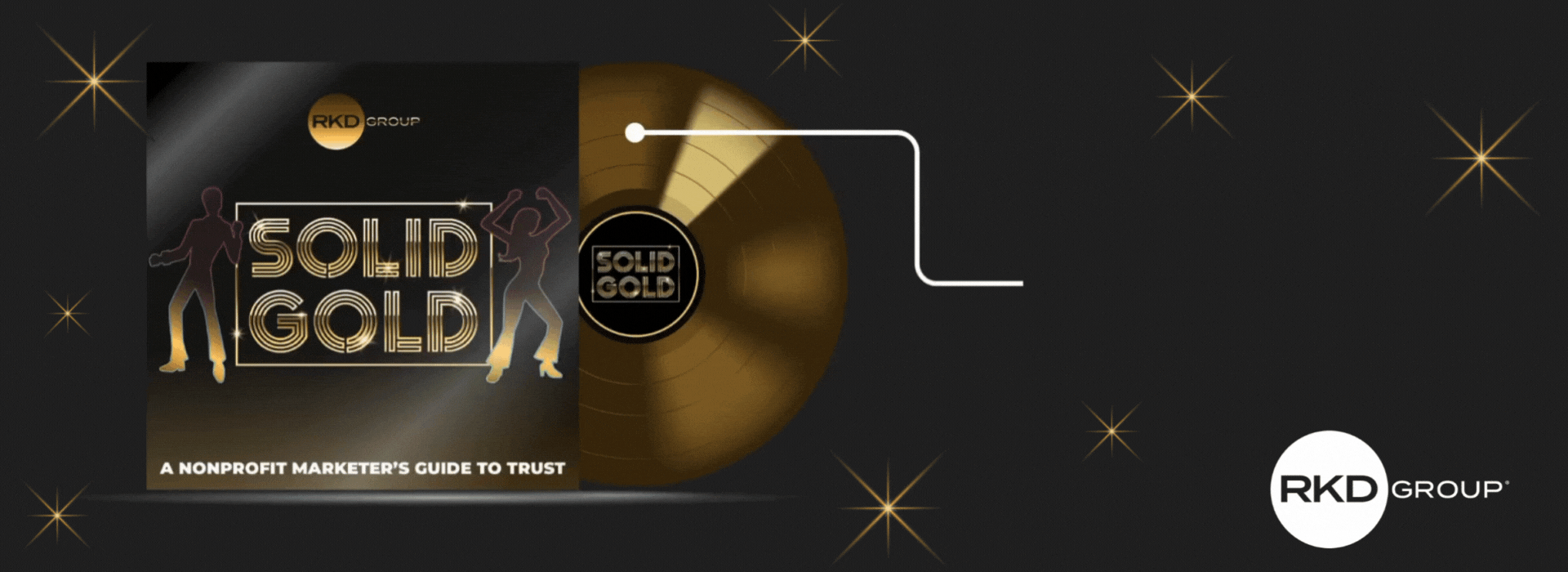Artificial intelligence (AI) applications have been around for several years now, but they took a massive leap forward in the cultural zeitgeist in 2023, thanks largely to ChatGPT. The emergence of generative AI tools became a focus for organizations of all shapes and sizes.
Yet many experts feel 2024 will be the year AI becomes a real gamechanger. As Adam Clark Estes of Vox writes, “2024 will be the year the technology gets really good and starts changing the way we do absolutely everything.”
Two recent developments in AI give credence to this prediction:
What makes these announcements significant?
Let’s start with Gemini. Google says Gemini was “built from the ground up to be multimodal, which means it can generalize and seamlessly understand, operate across and combine different types of information including text, code, audio, image and video.”
That means that, unlike other large language models, it understands not only text but also images, video, audio and more. More importantly, it can comprehend them together.
As Zapier notes, you can ask Gemini, “What’s going on in this picture?” And it will describe what it sees—transferring visual observation to language.
Meanwhile, OpenAI is rolling out the ChatGPT Store—think of it as an App Store for AI models. Soon, there will be thousands upon thousands of GPT products available. We will no doubt see a flood of nonprofit fundraising tools all claiming to be the best at whatever you need.
Yeah, it’s about to get nuts.
In both cases, our advice at RKD is to play around, explore and try out some new things—but do so with the proper level of caution. As you proceed, consider the privacy of your data, the security of your systems and the integrity of your mission and values.
There is no AI tool that can easily replace the trust you’ve earned once you lose it.
Urgent: Email authentication requirements
To cut down on spam messages, Google and Yahoo are implementing new email marketing requirements that you must address starting in February. Here is a quick look at what’s new:
- Emailers who send more than 5,000 messages per day to Gmail users must offer a one-click unsubscribe button in their messages. Your email marketing platform will address this.
- Organizations will need to authenticate their email address, configuring their systems so they prove they own their domain name and aren’t spoofing IP addresses.
- Email deliverability to Gmail and Yahoo accounts will be affected if authentication is not performed.
If you’re seeing “Unverified” show up like this in your inbox for your organization’s marketing emails, you’ll want to take action!

Action you need to take with your IT team:
- Review/update your DNS settings to ensure you have the authentications set up correctly. You will need SPF, DMARC, and DKIM authentications for all of the email marketing platforms you use to send out more than 5K messages per day. Refer to this article for details on SPF, DMARC and DKIM email authentication. You can also test your DNS settings.
In the video below, our digital experts quickly walk through how to check email authentication for Outlook on both Macs and PCs.
New law could block donations from California donors
California Assembly Bill 488 went into effect on Jan. 1. The law regulates online fundraising in the state, and it prohibits platforms that are not in “good standing” with the state from accepting donations.
This affects any nonprofit organization that receives or solicits donations in California—even those not based in the state.
In its most recent notes for Luminate Online, Blackbaud has announced its compliance with the law. They also have a great FAQ page on the topic, complete with links to check if your organization is in good standing.
We expect other digital giving platforms to announce similar compliance, so it’s a good idea to check now to make sure you’re not on the naughty list. For more detailed information, check out this post from our friends at Heller Consulting.
Google third-party cookie closeout has begun
As we noted in last month’s digital roundup, Google is making its long-awaited move to deprecate third-party cookies in 2024. As of Jan. 4, the party has begun.
A random 1 percent of 3 billion users (30 million) across the globe have seen third-party cookies disabled on their Chrome browsers. This rollout will continue through the end of the year when third-party Chrome cookies will be gone for good.
Gizmodo notes a few ways to tell if you’re one of the chosen group:
- A popup in Chrome that describes Google’s new “Tracking Protection”
- An eyeball logo in the URL bar
- A new batch of toggles for cookies in Chrome’s privacy and security settings
For nonprofits who place paid search, display and video ads with Google, don’t worry about this change. The tech giant is still very much tracking search behavior and using it to serve ads—it’s just no longer playing nice and sharing with others.
This could, however, affect some media reporting. Keep an eye on your dashboards to see if a noticeable change occurs.






Leave a comment: